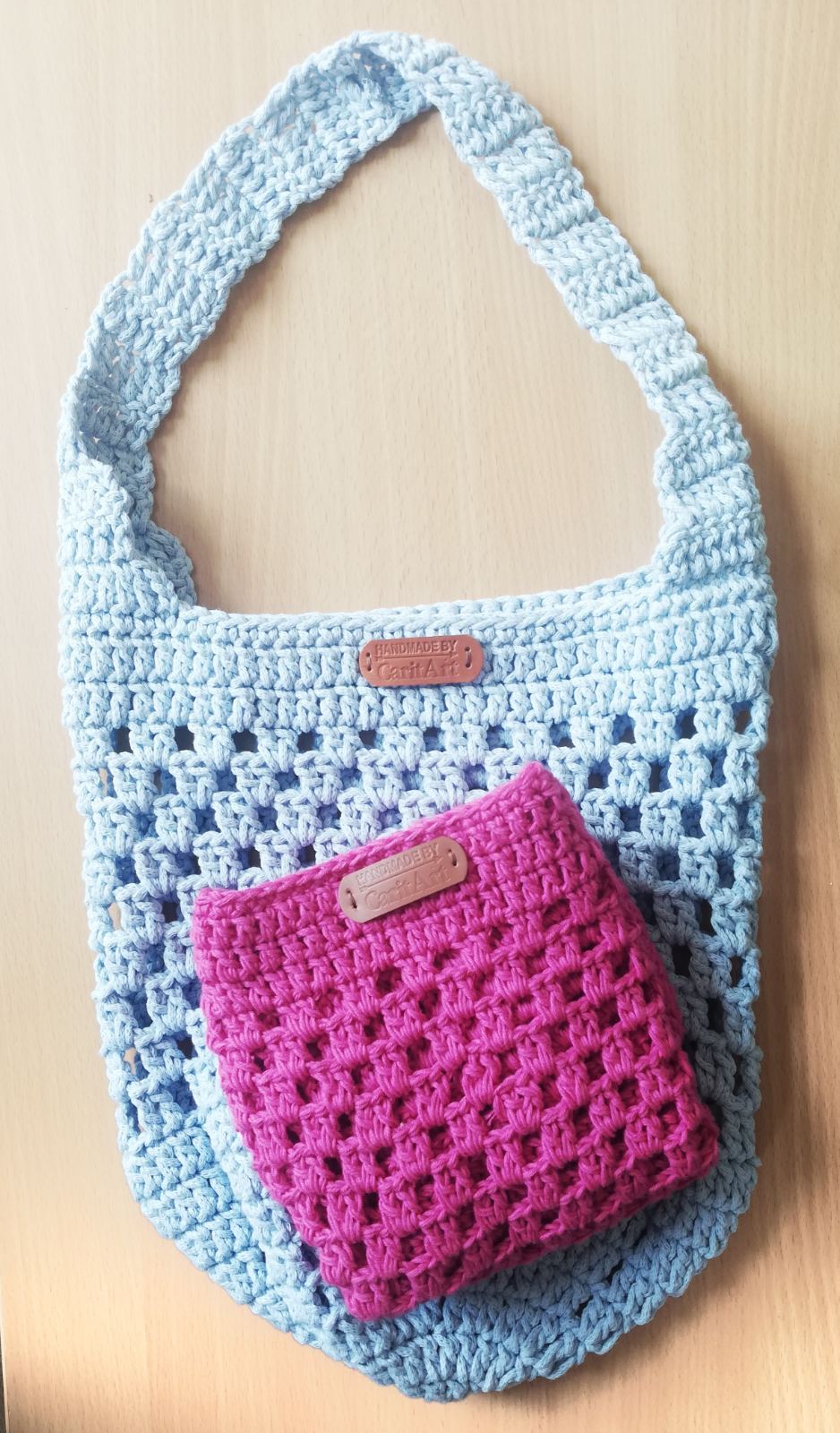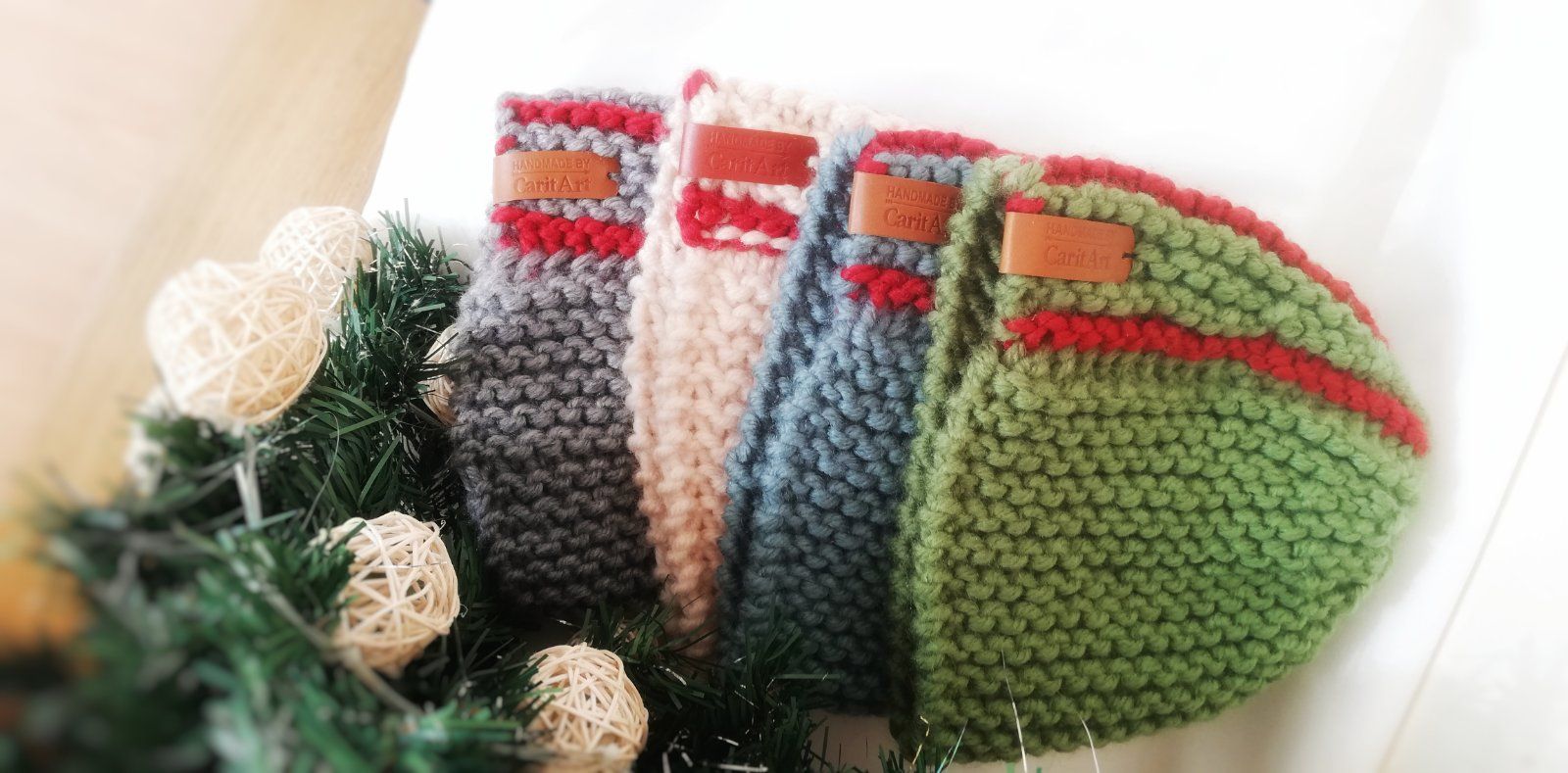How CaritArt is empowering the vulnerable
Written by Istvan Bus, edited by Andrea Vushkova, photos by CaritArt
“Whoever wants to eliminate love is preparing to eliminate man as such.” This sentence by Pope Benedict XVI from the encyclical letter “Deus Caritas est” could easily be the motto of CaritArt. But what is CaritArt, how do they put care into practice and gain market presence? The project manager at Caritas Sofia, Desislava Petkova, and CaritArt coordinator, Katerina Zhivilo, are going to answer these questions.
Work – more than just income
As part of Caritas Sofia, the charitable organization of the Catholic Church, CaritArt (Caritas Art) organizes social workshops for disabled people and refugee women. Although these two vulnerable groups differ in many ways, they do have something in common: both of them have limited access to the labor market. CaritArt provides them with employment contracts and income.
However, holding a job means much more than earning a salary. Work is a way of fulfillment, showcasing our abilities, and making a contribution, creating and providing goods that the clients may use with joy. These social workshops enable the disadvantaged to realize their productive potential, which soothes their souls and gives them confidence. Moreover, their work may just as well fill a market niche.
Handcraft, quality goods with a cause
The workshops produce gift cards, keyrings, pendants, fridge magnets, toys, wallets, and purses – all handmade, which guarantees the uniqueness of each item. Consequently, they can be easily individualized and aligned with the purchasing company’s design. “One of our biggest achievements was to work with a reputable retail chain. It lifted our spirits that we could fulfill the expectations of an established corporation,” says Katerina.
Most items can be created quickly for a reasonable price. However, Desislava points out that it is neither the speed nor the cost-efficiency that is their main advantage: “We never make a compromise on quality. All our goods are made of high-quality materials, we put effort into selecting the best textile, wool, and leather.”
 |
If these walls and handbags could talk
CaritArt lists some products under the names of their creators, while others remain anonymous, but all of them have a story to tell. Desislava explains that the workshops allow the impaired to work together with their family members, while for the refugee women this is a rare opportunity to socialize and learn Bulgarian. Both groups tend to face prejudice and lack of understanding, therefore CaritArt’s volunteers are often their only contacts from mainstream society. Needless to say, they play a crucial role in the integration of these vulnerable groups.
These workshops are also places of mutual learning and innovation. There are professional art therapists who supervise the production of some items, while in other cases, the employees themselves teach each other how to sew, weave and knit. Furthermore, the volunteers are also free to experiment – Katerina and Desislava reveal the example of Vanya, the designer.
They met at the Mish Mash Fest, where CaritArt is a regular guest. As a result of their collaboration, Vanya designed a hat for CaritArt that applied the colors of Caritas and taught the refugee women the know-how of knitting this piece of clothing. Luckily, the product was sold very well – generating income for its creators and enriching Vanya’s professional portfolio with a popular product.
Volunteers from all walks of life may join CaritArt. As the above example shows, they are free to experiment with ideas as long as they are manageable and meet the organization’s principles. Volunteers may work on the premises alongside the beneficiaries as well as assist online – CaritArt is looking for polyglots to translate their products from Bulgarian to English, help the organization with social media marketing, public relations, or even accounting.
Where to find CaritArt and their products?
The products can be ordered from CaritArt’s website: https://caritart.bg/ and Dar Pazar, an online platform of social enterprises in Bulgaria. As mentioned above, they regularly have a stall at the Mish Mash Fest, too. And last but not least – anybody who is intrigued by their cause is welcome to visit them on the premises: center Blagoveshtenie (16 Kiro Tuleshkov Str., 1404 Sofia) and center Sv. Anna (1 Struma Str., Sofia 1202).
